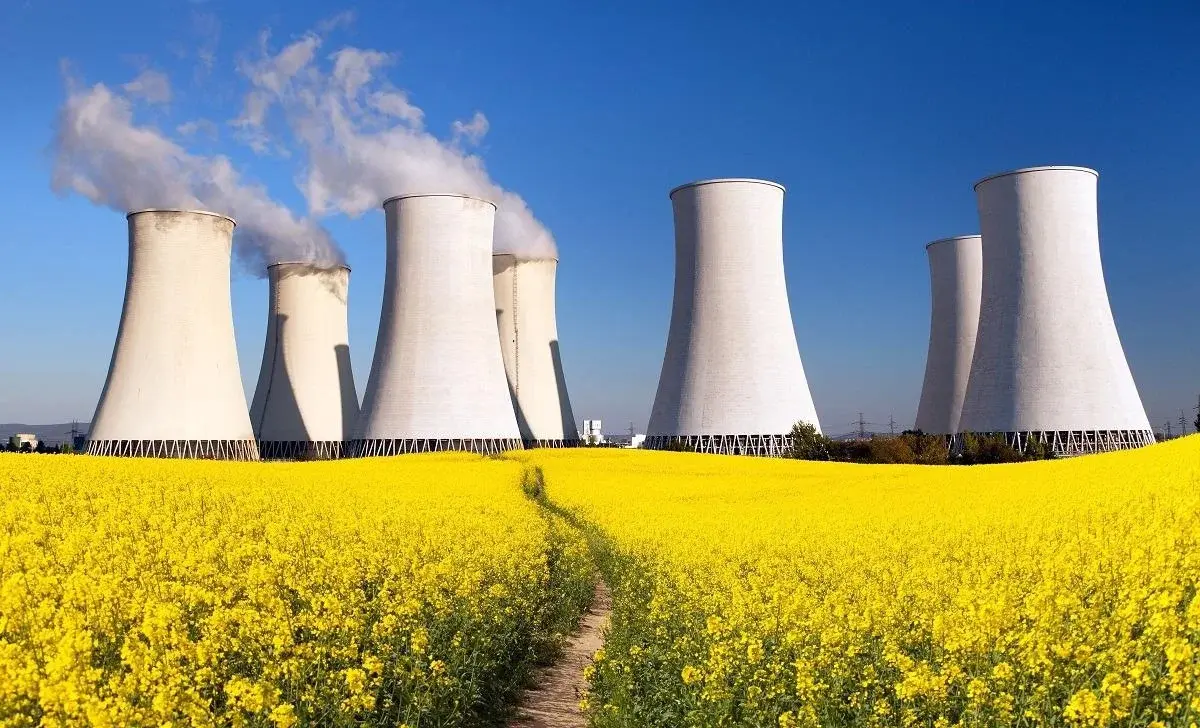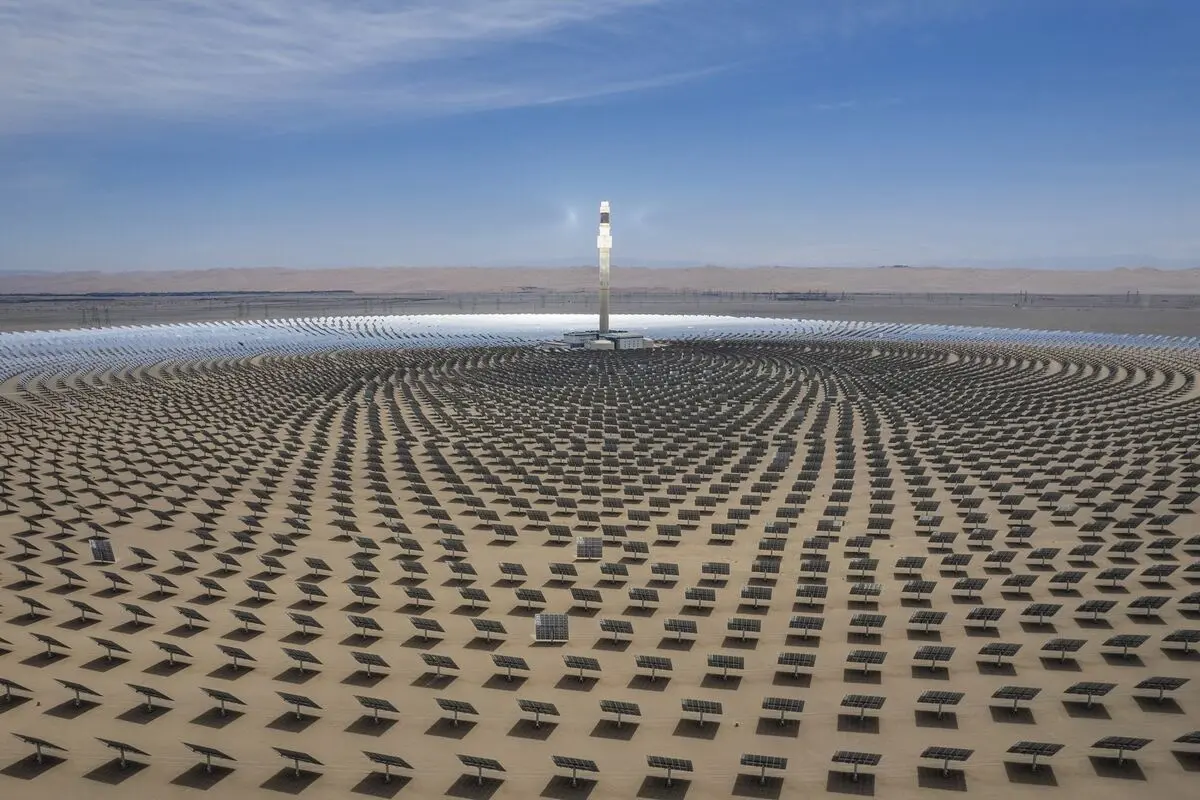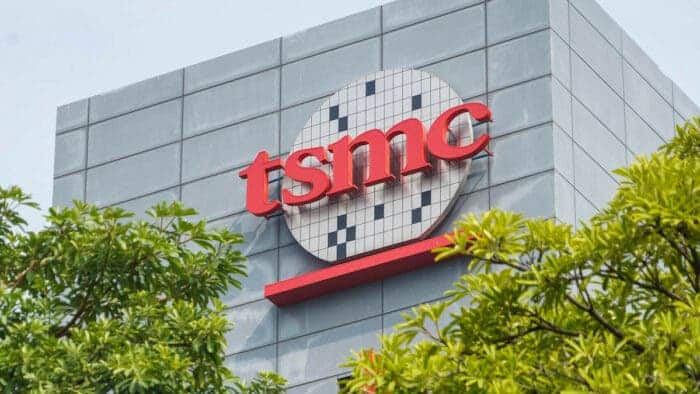Taiwan Semiconductor Manufacturing Company (TSMC) is the world’s largest contract chipmaker. It has committed to using 100% renewable energy and zero indirect carbon emissions from electricity consumption by 2040. On the eve of International Ozone Layer Protection Day, the company made this important announcement. TSMC said it will accelerate the RE100 sustainability process. The company will also set the goal of “global operations using 100% renewable energy” in 2040.

TSMC has joined RE100, a global initiative of influential brands committed to 100% renewable electricity. The company has set a net-zero target for 2040. This includes the goal to source renewable energy by that year exclusively.
TSMC’s Plans
TSMC will increase the proportion of renewable energy used in the company’s production and operation sites from 40% to 60% in 2030. The company stated that in the future, it will adopt a “sustainable blueprint” in which carbon emissions will grow to zero and gradually decline from 2025. It says that carbon emissions will return to 2020 levels in 2030. The company will also review the success of the goals year by year. It will then “take practical actions to achieve a permanent zero-carbon future.”
TSMC announced its participation in the RE100 initiative in July 2020. This made it the first semiconductor brand in the world to join the initiative. At that time, TSMC committed to hit 100% use of renewable energy by 2050. It seems that TSMC has pushed back its goal of using 100% clean energy by 10 years this time.
RE100 is a global initiative launched by the international non-profit Climate Group in partnership with CDP. The aim of the group is to encourage brands to switch to renewable energy. TSMC, one of the RE100 members with the largest electricity demand, has a 2030 sustainability goal of generating 25% of its manufacturing plants’ electricity from clean sources. The company is making good efforts to ensure that it meets its goals.
TSMC’s Renewable Energy Strategies
TSMC has several strategies to decarbonize, including direct emission cuts in manufacturing. It will also tackle its corporate power purchase agreements (CPPAs) for renewable electricity, carbon credits, and energy efficiency improvements. The company has already signed several CPPAs for renewable electricity. This includes a 20-year deal with Ørsted to purchase the entire output of a 920 MW offshore wind farm in Taiwan. TSMC has also signed a 20-year deal with a solar power company to purchase 920 MW of solar power. These deals will help TSMC to reduce its carbon emissions and increase its use of clean energy.

TSMC’s Challenges
TSMC’s commitment to using only renewable energy in its global operations by 2040 will face some issues. The company faces several issues in achieving this goal. Some of the issues are shown below
- Energy-Intensive Operations: TSMC’s operations are energy-intensive. This means that the company needs a large amount of energy to power its plants. Whether or not clean energy sources can meet its needs remains to be seen.
- Limited Renewable Energy Sources: Taiwan has limited renewable energy sources. For this reason, TSMC may need to import clean energy from other nations to meet its clean energy goals.
- Supplier Emissions: TSMC’s suppliers contribute 24% of the company’s emissions, and the company has set a target for its suppliers to save 1,500 GWh of electricity use by 2030.
- Competitive Pressure: TSMC faces competitive pressure from other chipmakers, such as Intel and Samsung. These brands have also committed to using renewable energy.
Final Words
TSMC’s commitment to using only renewable energy in its global operations by 2040 is an ambitious goal. The company has several strategies to achieve this goal, including direct emission cuts, CPPAs for renewable electricity, carbon credits, and energy efficiency improvements. However, TSMC faces several challenges in achieving this goal, including energy-intensive operations, limited clean energy sources, supplier emissions, and competitive pressure. TSMC’s efforts to use only clean energy in its global operations by 2040 are a significant step towards a more sustainable future.




